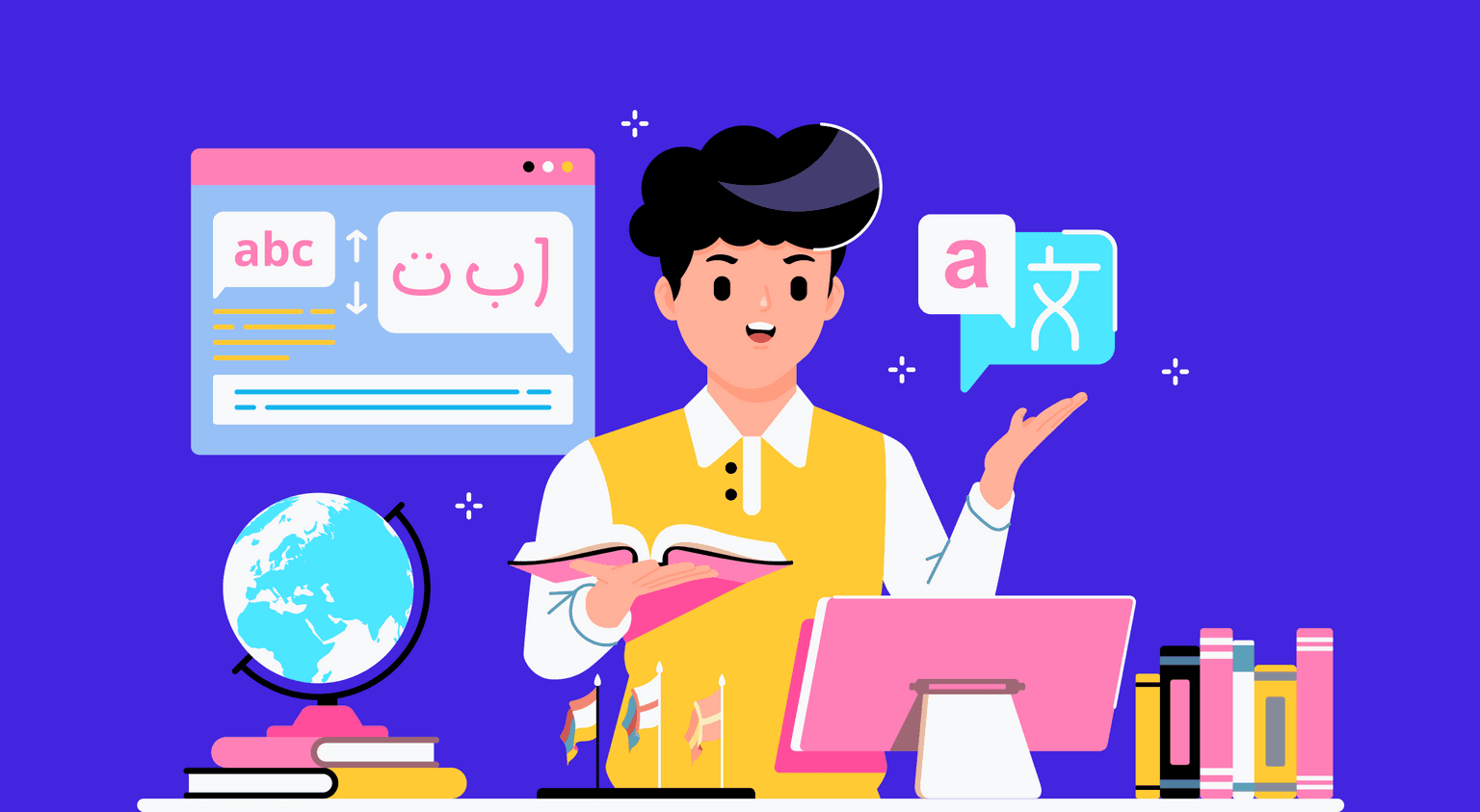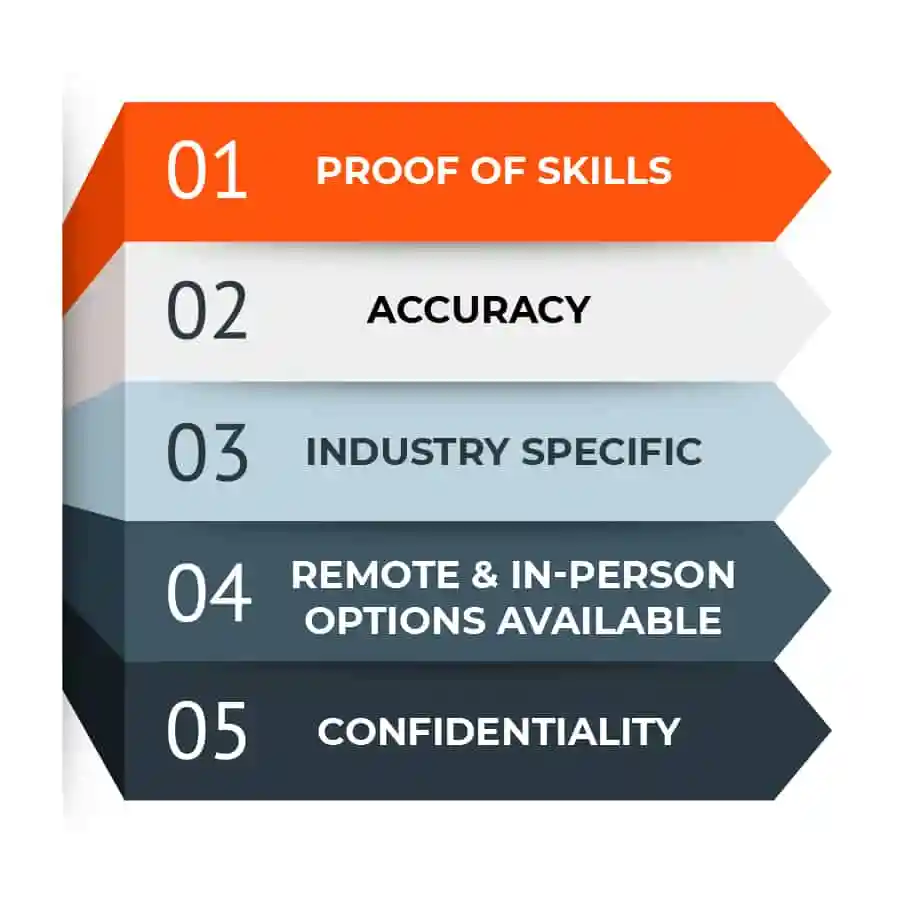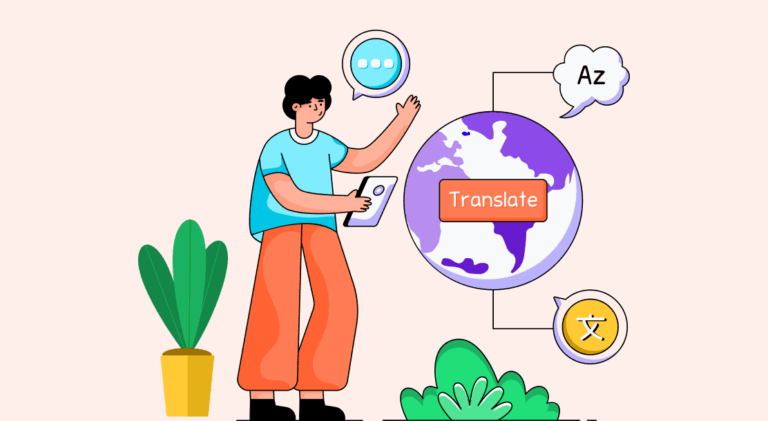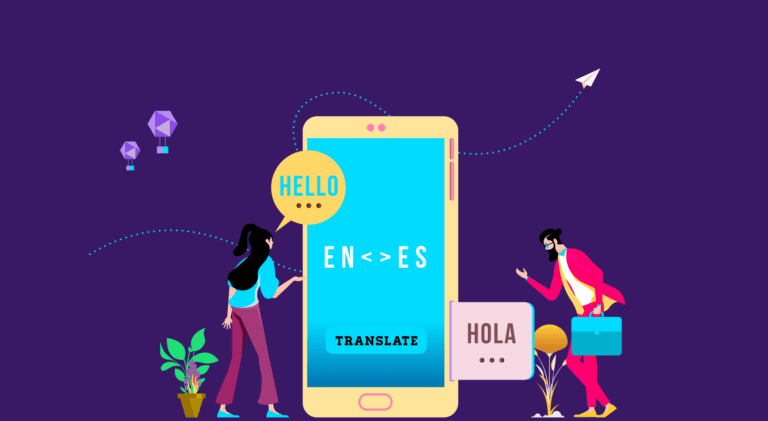Types of Translation Services Your Business Needs

When you say translation, the first tool that comes to mind is Google Translate. Undoubtedly, it is a great tool for tackling small translation needs. However, when it comes to business applications such as writing an email, contract, or even communicating with employees, there is a possibility that it may backfire, given its inadequacy in matching the spirit of the communication. Here there is no match for the services provided by professional translation services that still rely on human ingenuity for insightful work.
What is a Translation Service?
Good and clear communication is the prerequisite of any business dealing. Language translation services provide you with the ability to communicate to a global audience with the assistance of a professional translation service provider. It could be an individual or a company. The advantage of roping in the services of a company is that it provides multiple language translation facilities under one umbrella.

Why Do You Need a Language Translation Service?
Business owners today know that even a small translation mistake can cost colossal losses to the company. It reflects badly on the company and can hinder expansion plans into international business. It is not rare for poor translation jobs to drive away potential clients and stop new talents from joining the company.
There is a serious chance of erroneous communication hampering your investments and initiatives because you decided to save a few pennies by giving the job to a freelance translator or opting for free machine translation.
Types of Translation Services
Here are several types of translation services available to businesses so that you can match these with your requirement. The different types of services depend on the industry and your project requirement:
1. Technical translation
It includes any type of content with a specific target audience in engineering, IT electronics, and manufacturing. Since a specialized technical terminology requirement, you must go for a certified agency with ISO 9001:2015 to ensure that a thorough quality process is employed in your translation.
2. Medical translation
This type of translation refers to customer-facing and product-related content, which could be medicines or medical devices. For a foray into France, a pharmaceutical company would always look for a translation partner with knowledge of the medical industry and its specific terminology.
3. Digital content
It is important that the digital content in a multi-lingual website communicates correctly in the target market language and is in sync with the ethos of the market to attract traffic to the website. The online content also requires localization to ensure a positive user experience.
4. Commercial translation
Any document used for business purposes would fall into the broad category of commercial translation. For the desired outcome in the international market, the translating service partner must be well-versed in the terminology and phrases generally prevalent in the target country.
5. Financial translation
Financial reports such as annual reports, shareholder documents, statements, tax reports, and contracts call for specialized persons and agencies with experience translating such financial documents.

Tips for Choosing the Right Translation Partner
Let’s sift through some factors that should be handy for choosing the right language translation services business partner.
1. Understanding of the target market’s culture
Contextual mistakes make machine translation unviable for medical technical and financial translation. They are primarily at a loss to capture the essence of the documents. Machine translation is bereft of cultural and personal understanding, which keeps it from being used by professional organizations. Making an emotional connection requires using phrases and little metaphors that align with the target customers’ cultural milieu. While selecting a professional translation service, pay heed to how deeply entrenched the company is in the target country.
2. Proven experience
Skilled language translators with the targeted market’s cultural experience can go beyond just translating words. They can effectively communicate in the languages using phrases that strike a chord with the audience. Many marketing campaigns had fallen flat because of this single factor, even when everything seemed perfect on paper.
3. Technical expertise
You would also need to look for a translator with a technical understanding of the product or service. This is not only for fields such as medicine or legal but also for complex industries such as manufacturing and transportation. This will ensure that, along with the contextual understanding, unique industry terms or definitions are not misunderstood or mistranslated.
4. Speed and scalability
A factor crucial for selecting the right translation partner is the speed at which they can deliver the work. Also, take into consideration whether, with the increased workload, the agency or the translator maintains the turnaround time. It will be an added advantage if there is an all-around team of proofreaders and editors to take care of the perfect error-free copy.
It may take time and effort to zero in on the right translation service provider that understands your brand and is familiar with your target market. It may cost you a little more than ad hoc translation services, but you can rest assured of the quality of communication; and, most importantly, that any communication from your side will not offend your customers. The right translation service partner can be key to your international business growth.
FAQs
Using Human translation services ensures complete accuracy because you are working with trained and vetted professionals having language proficiency backed by years of experience. Machine translation can be inadequate in correctly translating unique phrases in any language, and its literal translation may carry different meanings in another language. Additionally, a professional translation team can provide value-added services in terms of SEO optimization in the translated language.
Post-edited machine translation is a service used to bridge the gap between machine translation speed and human translation accuracy. After the machine has done its job, human intervention is required to proofread the text, correct the phrases and apply an analytical mind to fine-tune the text to the desired objective.
Translations projects can benefit from a hybrid approach where humans translate the sensitive and crucial content, and machines handle the generic content. This approach is best for saving cost and time in translation projects. A website translation project where the main pages are done by human translators and pages after the third level of navigation is done by machine translators is a classic example of a hybrid model.
Latest Blogs
Explore how Google’s 2025 AI search updates triggered ranking chaos. Learn actionable strategies to adapt your SEO for AI Overviews, zero-click searches, and SERP volatility. Stay ahead now.
Learn how to rank on AI search engines like ChatGPT, Perplexity, and Gemini by optimizing your content for authority, structure, and relevance. Stay ahead in AI-driven search with this strategic guide.
Explore the best healthcare SEO services for your medical practice. Improve online visibility and effectively reach more patients in need of your services.
Get your hands on the latest news!
Similar Posts

Translation
5 mins read
All You Need to Know About Language Translation and Terminology Management

Translation
5 mins read
6 Reasons to Translate Content into German

Translation
5 mins read